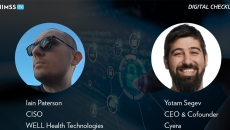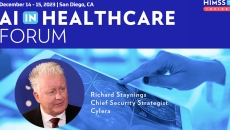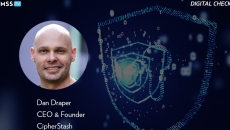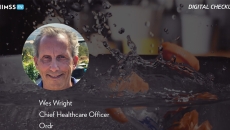Privacy & Security
Alphabet's cybersecurity unit Mandiant is handling the investigation into the breach, Reuters has reported.
UnitedHealth Group says it identified a suspected nation-state associated cybersecurity threat.
Cybersecurity incident could have significant cascading and disruptive effects on revenue cycle and services by Optum, AHA says.
Pharmacies nationwide are reportedly experiencing delays in filling prescription orders due to the cyberattack.
One closed and declared bankruptcy because, while it was able to deliver care, it was unable to do billing, says Iain Paterson of WELL Health Technologies, who, with Yotam Segev of Cyera, discussed the benefits of moving to the cloud.
The threat surface is increasing for bad actors, which makes organizations feel outgunned, says Richard Staynings, chief security strategist at Cylera.
Encryption provides verification of data to keep it HIPAA compliant and available only to authorized users, says Dan Draper, founder and CEO of CipherStash.
Ardent proactively took its network offline, suspending user access to its IT applications, including corporate servers and Epic software.
Smaller hospitals are having to make financial resource decisions between cybersecurity and investment in patient care devices such as CT scanners, says Wes Wright, chief healthcare officer of Ordr.
Engage clinicians and other stakeholders who need to own the project, says Dr. Tamara Sunbul, medical director of Clinical Informatics, who helped implement Epic at Johns Hopkins Aramco Healthcare.









